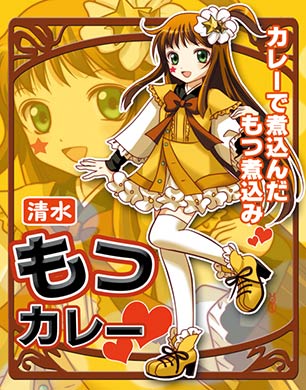One of the most useful words of Japanese is sumimasen, which generally corresponds to “excuse me,” though like most aspects of Japan there’s a little more to it than appears on the surface. First and foremost, sumimasen (soo-mee-mah-sen) is used in any situation where you need to apologize for something small, such as causing someone inconvenience by bumping into them in the street, calling the wrong phone number, or ordering curry with fried beef intestines accidentally because you couldn’t read the kanji in the menu, something I have actually done. Many situations which would call for a “thank you” in English work better with sumimasen in Japanese, something I learned at a public bath a few weeks after first arriving. We’d stayed a few minutes after closing time, causing minor inconvenience to the staff who no doubt wanted to go home, and as we left my Japanese coworker said sumimasen to them (“we’re sorry for taking too long in the bath”) rather than the phrase I would have used, arigatou (“thank you for letting us stay a few minutes past closing time”). When I asked about this, I was told that “‘Thank you’ sounds cheap. ‘Excuse me’ is a better word for Japanese people.” The sumimasen phrase is also used when asking for service in a restaurant, and it’s okay to loudly use the phrase to get your server’s attention, though you wouldn’t do this in the U.S. Like many Japanese phrases, you can use the all-purpose word domo (which loosely means “very”) to add a layer of politeness — e.g. domo sumimasen! (“I’m really sorry!”).

Beef intestine curry is so popular, it even has a moe character.















